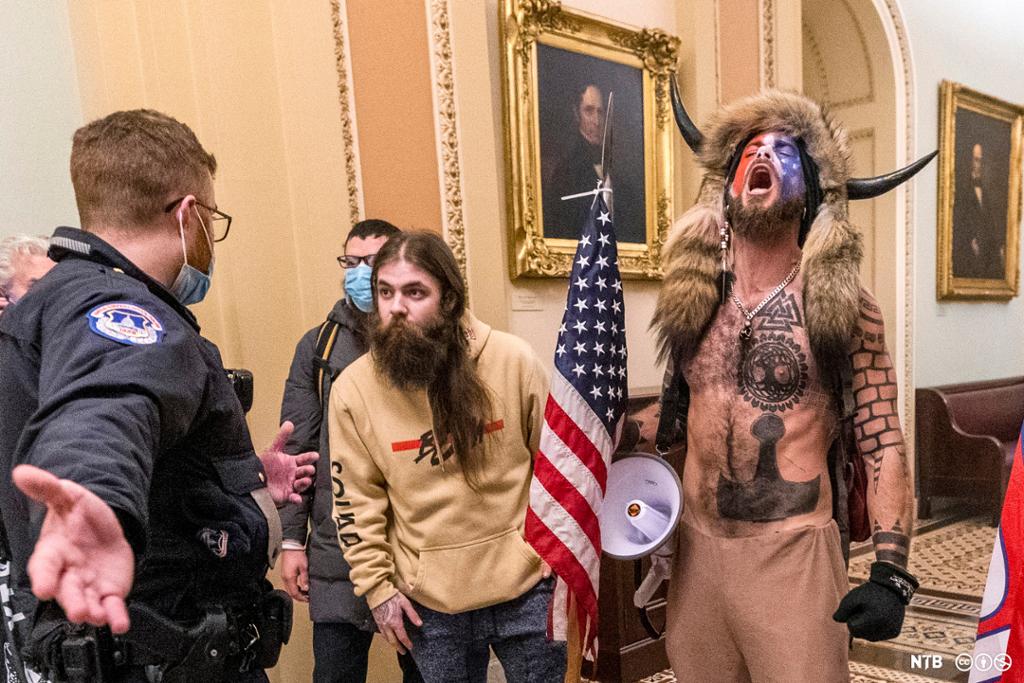Tasks: The Presidential Election
Discuss these questions in a group.
- What strikes you as the main difference between electing a Norwegian prime minister and electing a US president?
- Does the process of electing a US president seem more or less democratic than the process of electing a Norwegian prime minister?
- President Barack Obama was accused of being born in Kenya, not the US. What did his accusers hope to achieve by making this claim?
- Why are primary elections held? What is the benefit of the voters choosing the candidate, rather than the party choosing someone?
- Why are national conventions held?
- Once each party has a ticket, the campaign to convince voters begins. What qualities do you think a presidential candidate must have to win the election?
- What advantages are there to making the national election a choice between just two parties? Is it more or less democratic than having more parties?
- Do you think the system of having an Electoral College is outdated? Is it undemocratic?
Work in a group. Choose a topic to research from the list below. Make a quiz about your topic for your classmates. The aim of the quiz should be to teach your classmates as much as possible about your topic. Choose a suitable format.
the current president of the USA
presidents who have died in office
one term presidents
controversial presidents
wartime presidents
18th and 19th century presidents
In the box, you will find a number of slogans from presidential campaigns. Work with a partner or in a group. Study the slogans and discuss what the candidates meant by them. Why would these words appeal to voters? Can you spot any literary or rhetorical devices used in the slogans?
"Free Soil, Free Labour, Free Speech, Free Men and Fremont". John C. Fremont, 1856.
"Don't Swap Horses in the Middle of the Stream." Abraham Lincoln, 1864.
"Patriotism, Protection, and Prosperity". William McKinley, 1896.
"A Chicken in Every Pot and a Car in Every Garage". Herbert Hoover 1928.
"Let America be America again". John Kerry, 2004.
"I'm With Her". Hillary Clinton, 2016.
"Promises Made, Promises Kept". Donald Trump, 2020.
"Unite for a Better Future". Joe Biden, 2020.
Choose one of the tasks. Present your findings as an oral presentation, or as a research paper. Remember to include your sources.
Compare the process of electing a president of the United States with the process of electing the leader of the executive branch in another English-speaking country. Point out similarities and differences. Discuss whether one system is more democratic than the other.
Every four years, the world watches the US elect a president. The media allows you to follow every step of the process, whether you are in Houston, Texas, or in Harstad, Norway. Why is the US presidential election such a global event?
The 2020 presidential election was special in that it was the first time that the US did not have a peaceful transfer of power after a presidential election. President Trump's supporters stormed Congress in an attempt to prevent the election result from becoming official. Find out more about what happened, and why it happened. Discuss: Does this event tell us anything about the state of the American democracy?

Write a short text where you explain the US Presidential Election as simply as possible.
Related content
Every four years, the eyes of the world turn to the US, when Americans elect their president. Why does the American election attract so much attention?